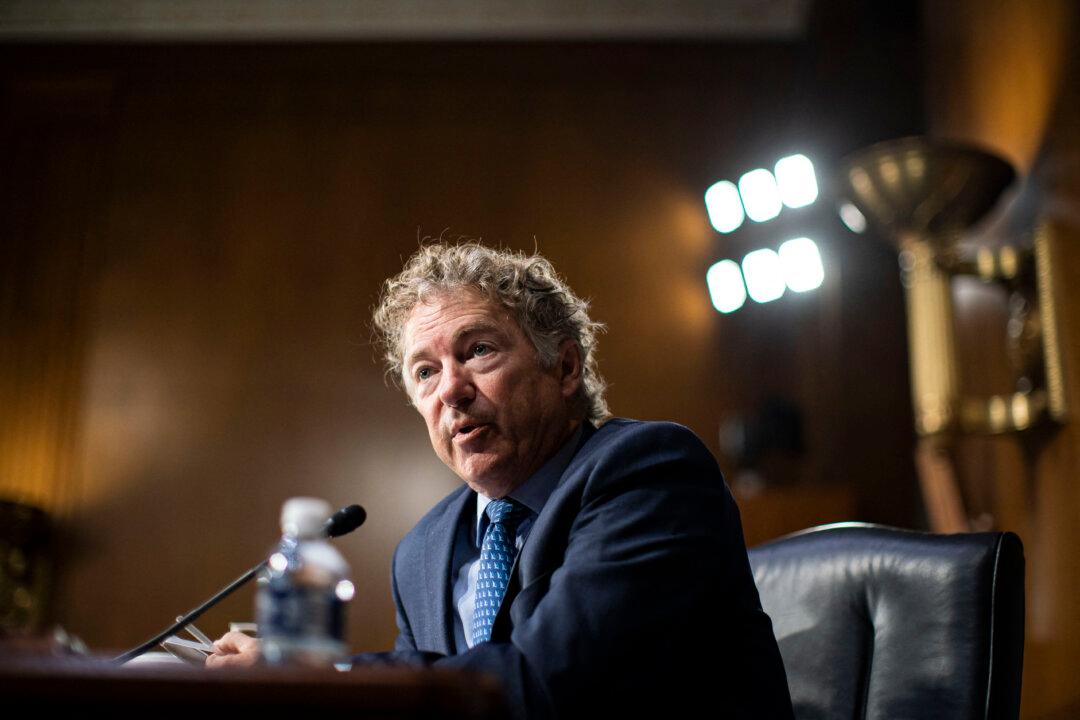Sens. Rand Paul (R-Ky.) and Maggie Hassan (D-N.H.) are set to lead the first congressional hearing on gain-of-function research as part of his ongoing efforts to investigate the origins of the COVID-19 pandemic.
The hearing, scheduled for Aug. 3, comes amid intensifying Republican scrutiny on whether a leak from the Wuhan Institute of Virology (WIV) caused the pandemic, as well as possible U.S. funding ties to the gain-of-function research at the facility. Gain-of-function involves enhancing a virus to make it more potent or transmissible.





